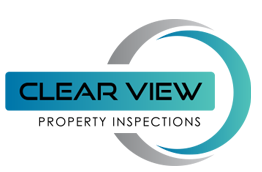Termite Barrier
Protecting your property from termites
A termite barrier is a physical or chemical barrier installed around a property to prevent termite infestations or to control termite activity. The purpose of a termite barrier is to create an unbroken barrier between the ground and the structural elements of the property, such as the walls and foundation, to prevent termites from entering or accessing the property.
A termite barrier is typically installed during the construction of a property, although it can also be retrofitted to existing buildings. There are several types of termite barriers available, including physical barriers such as stainless steel mesh or chemical barriers such as liquid termiticides. The choice of termite barrier will depend on a range of factors, including the type of soil, the design of the building, and the level of termite activity in the area.
The importance of having a termite barrier cannot be overstated, as termites can cause significant damage to a property. Termites are attracted to wood, and they will feed on any wooden structures in a property, including timber framing, flooring, and furniture. Over time, termite damage can weaken the structural integrity of a property, potentially causing collapse or other safety hazards.
Having a termite barrier installed can prevent termites from accessing the property and causing damage. By creating an unbroken barrier between the ground and the structural elements of the property, a termite barrier can prevent termites from entering the building and feeding on the wooden structures. This can save property owners thousands of dollars in repair and treatment costs, as well as providing peace of mind knowing that their property is protected from termite infestations.
Building barriers – residential properties
A Termite barrier is one of the most important things on a property to prevent termite attacks so you should call an expert to provide this service. Trying to do this yourself would more than likely end badly. To build an effective barrier your self requires a high-volume motorised pump to pump the chemical through the subfloor or if you’re doing the perimeter of your home you may need to inject the chemical through the slab via drill holes and injection tool.
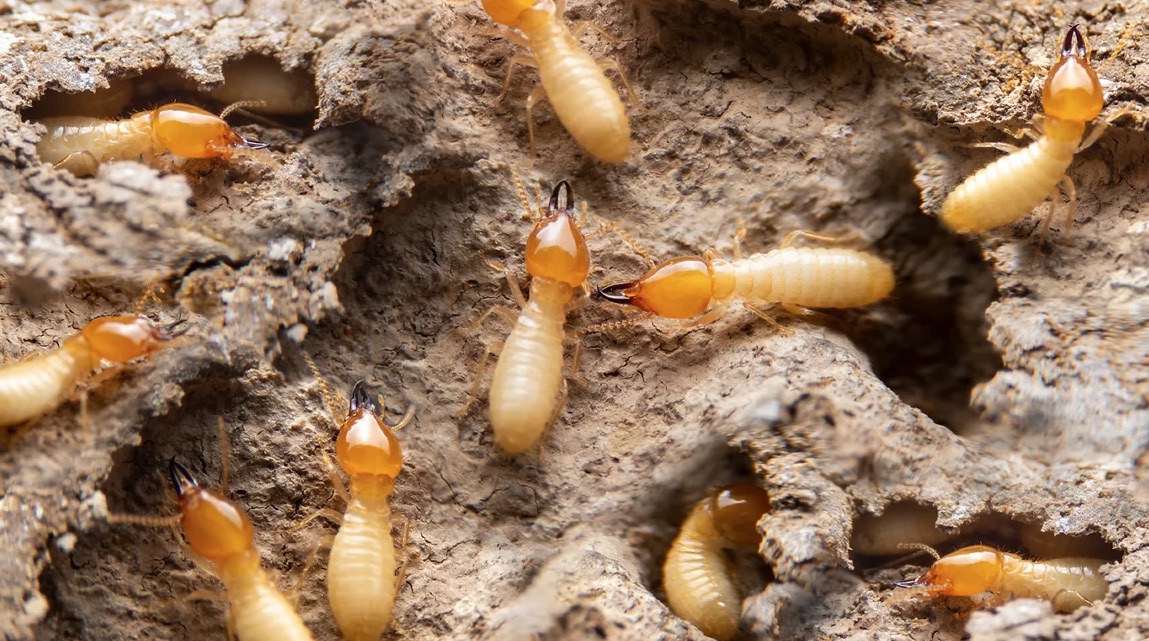
We treat termite infested homes in Sydney until we are satisfied that you are well protected.
Then obtaining the chemicals will not be possible as they are restricted, meaning only a licensed Pest management technician can buy them. Termite treatment and barriers are specialised and not all Pest controllers are licensed to do Termite management. So, ensure your selected pest control company is insured and licensed to do the job. Another thing to consider is that doing an effective termite barrier is labour-intensive. For example, a subfloor barrier requires trenching around all piers and perimeters as well as removing all rubble, stored items and loose timbers throughout subfloor. This on its own can take a full day to complete. Our recommendation is to leave it to the professionals.
There are a few things “YOU” as a home owner can do to help prevent termites getting to your property
- Good site drainage around the property
- Ensure you keep all water sources away from your home
- Well-ventilated and dry subfloor
- Ensure bathrooms and laundry are maintained and have no leaks
- Eliminate all wood-to-soil contact
- Remove tree stumps
- No vegetation against the external walls of the home, which can create bridging for termite ingress
- Remove timber structure from ground contact and always have 75mm inspection zone
- And most important of all, organise regular termite inspections. Annually at the minimum but more is recommended.
Termite habitat
Understanding what attracts termites to your home is the number one step in preventing them. When Termites have infested a home, it will always be susceptible even after you have treated and removed them. Termites travel below the surface and have tunnels everywhere like we have roads. Once termites find a food source like your home that tunnel (road) will forever lead to your home. These tunnels are marked with a scent so the termites know it’s a food source. Over the years when I have been trying to control a termite infestation, I have seen termites mark my termite bait as a food source but not eat it, only to return many months later to consume the bait when they were ready.
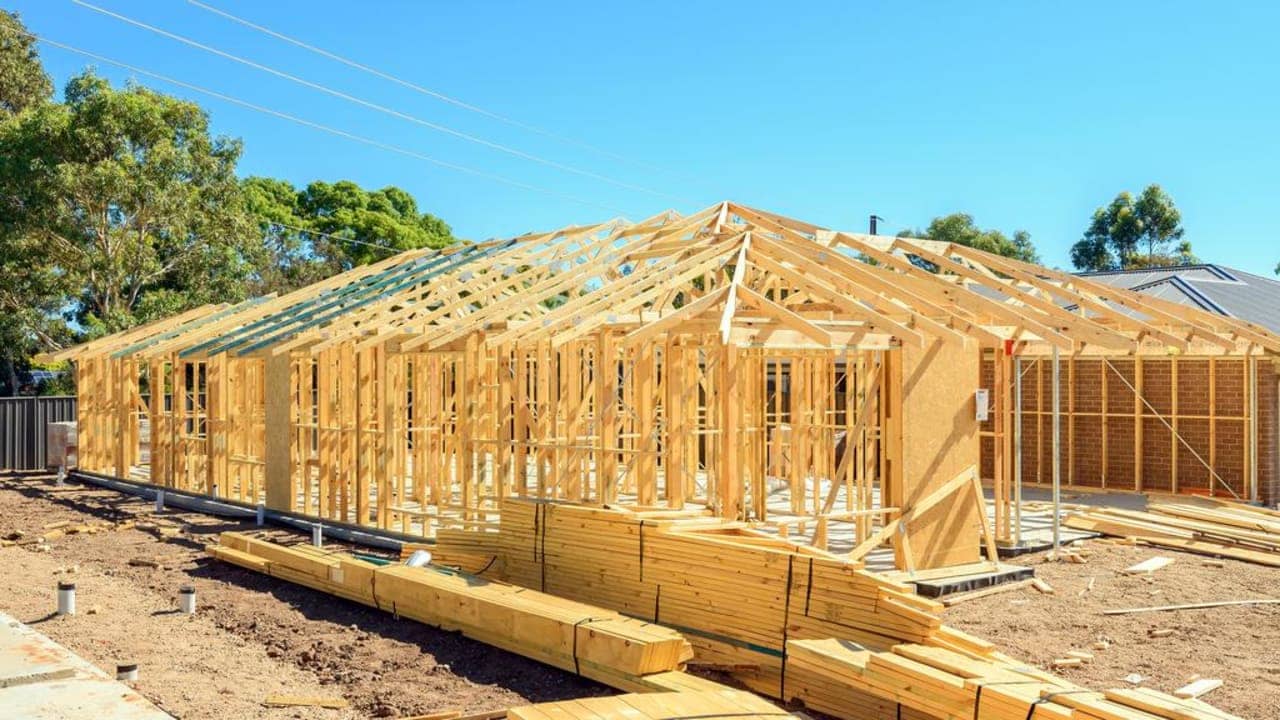
Termites are a real problem for homeowners because they can destroy the foundation of your house and other structural timbers.
Termite Baiting
This is why it’s extremely important termites are treated correctly when they are active in a home. Termite baiting is the one true way of correctly knowing you have killed the entire termite colony. Never spray termites directly or try kill a colony by installing a barrier. That’s a big no no and you will only cause yourself grief and end up with termites in different parts of the home. Once you have a termite problem, it becomes increasingly difficult to stop the infestation in its tracks. When termites find a good food source, thousands even millions, will then follow and you will quickly have a serious infestation. Doing all you can to prevent this from happening is better than having to treat such a problem.
Residential home risks
Your home might have the perfect environment to attract termites, which is why you need to understand what conditions may lead to termite infestation. Termites are attracted to Moisture, Moisture and More Moisture and love to feed on soft or rotting wood but don’t mind eating normal dry wood also. Termites cannot survive without moisture as they will dry up. If the termites are not in a humid space, they dry out and die. So, if your home has any leaks or moisture present it is perfect to attract these terrible insects. Put it this way, Termites forage under the soil and when they feel the moisture on their exoskeleton, they follow it to see what it is and if there is a food source.
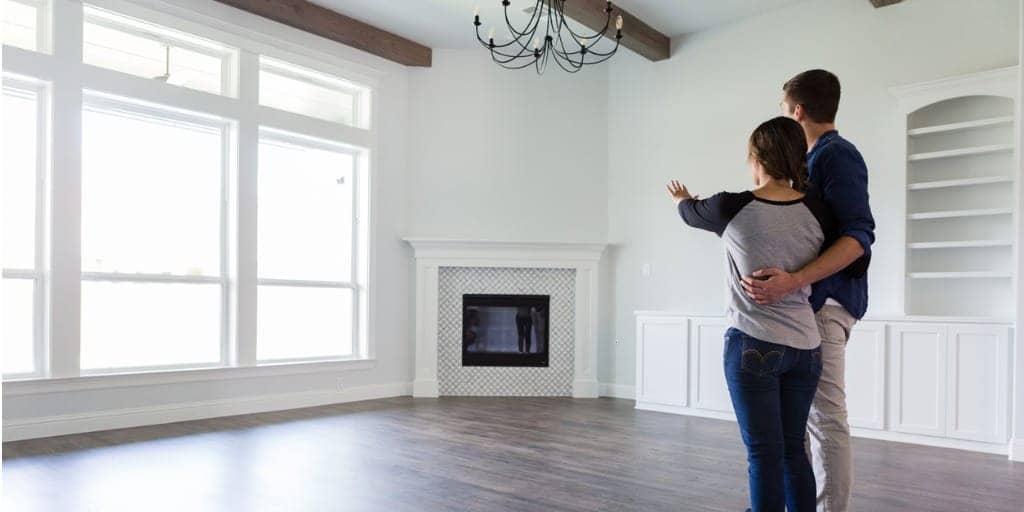
There is a chance that termites will only move to another spot in your home. It is still best to book a professional termite control service
9 out of 10 homes that have a water leak, bathroom waterproofing failure or damp subfloors generally suffer from Termite attack. Firewood and mulch surrounding your home also attract termites and provide a point of entry inside your home. All timber is a great food source for termites, so any wood on your property is an invitation! Even things like timber steps that come into contact with the ground, fencing or retaining walls are a concern. If the timber is not treated pine, then it is susceptible to termite attack. Don’t believe the myth that hardwood is safe and termites do not attack it, soon as hardwood starts to break down, the termites will target it also. I have busted that myth many times with termite infestations via hardwood it’s not all that uncommon. Even treated pine-like H1 and H2 timbers, which are only treated on the outer skin and not right through the timber, are not safe. I have seen termites eat through the treated outer skin to get through the untreated soft pine in the middle! Nothing is safe unless you use H3 and H4 pine.
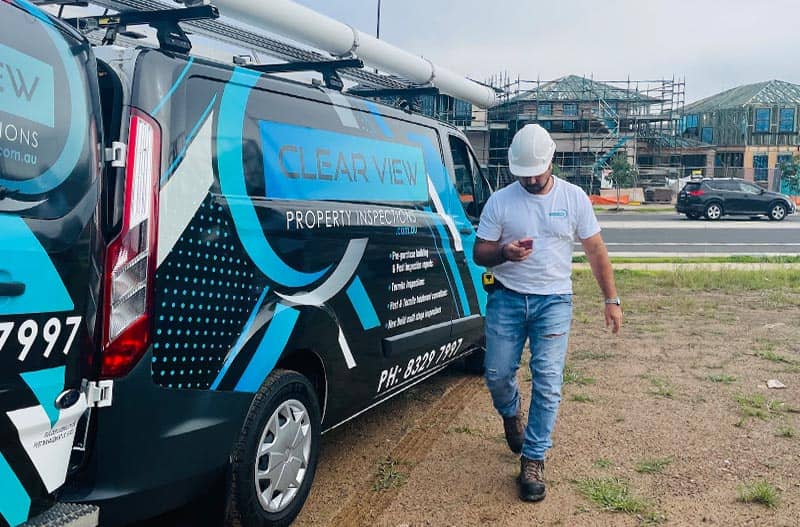
Book the trusted termite exterminators in Sydney to stop termites once and for all.
It is very important to keep an eye on these key issues that may attract termites to your home but most importantly do not skip your annual termite inspection. Organising the professionals to come out and check your property for any signs of termite infestation may save you tens of thousands of dollars in damages. Even after installing a termite barrier an annual inspection should be organised to ensure the barrier has not been bridged or breached in any way. Termite inspections will not stop termites but they will catch it early before severe damage can occur. Remember, insurance does not cover termite damage so spending about $275 for a termite inspection annually is a good investment.
The types of termite barriers
Physical Barrier
A physical termite barrier is a type of termite barrier that physically prevents termites from entering a property by creating a physical barrier between the ground and the building’s structural elements. Physical barriers are installed during construction and must be continuous and uninterrupted to effectively prevent termite infestations.
There are several types of physical termite barriers available, including:
- Stainless steel mesh: Stainless steel mesh is a highly effective physical termite barrier that is installed around the perimeter of a property during construction. The mesh is designed to prevent termites from entering the property by creating a barrier that they cannot penetrate.
- Granular stone: Granular stone is a coarse, granular material that is used as a physical termite barrier. The stone is installed around the perimeter of a property and is designed to prevent termites from entering the property by creating a physical barrier that they cannot cross.
- Concrete slabs: Concrete slabs are a common type of physical termite barrier that are installed during construction. The slab is poured around the perimeter of the property and acts as a barrier to prevent termites from entering the building.
- Plastic sheeting: Plastic sheeting is a type of physical termite barrier that is installed during construction. The sheeting is placed around the perimeter of the property and acts as a barrier to prevent termites from entering the building.
- Termite shields: Termite shields are metal sheets that are installed between the foundation and the wooden framing of a building. The shields are designed to prevent termites from entering the building by creating a barrier that they cannot penetrate.
Physical termite barriers are a highly effective way to prevent termite infestations and protect properties from termite damage. It is important to ensure that physical barriers are installed correctly and are continuous and uninterrupted to effectively prevent termite infestations. Consulting with a professional pest control company can help property owners determine the best type of termite barrier for their property and ensure that it is installed correctly by qualified professionals.
Chemical Barrier
A chemical termite barrier is a type of termite barrier that is created by applying a chemical barrier around the perimeter of a property. This barrier acts as a deterrent to termites, preventing them from entering the property and causing damage. Chemical termite barriers are typically applied by professional pest control companies and are designed to be long-lasting and effective at preventing termite infestations.
A chemical barrier is the most common treatment for existing homes that have had previous termites or home owners looking to protect the home. Chemical barriers are common because they are cost effective and last from 5-10 years. Yes, they still require annual termite inspections! Not all homes are suitable for chemical barriers especially older homes with no ant caps or homes with fundamental construction design flaws, they would require an in ground monitoring system instead. Chemical barriers can be installed to the perimeters of homes around the slab edge if it’s a slab on ground construction or the subfloor if it’s a home built on Bearers and Joist construction. Subfloors will have to be prepared effectively by removing all conducive conditions and trenching around all piers and strip footings before flooding the subfloor with the suitable product. On average a subfloor can take 600 litres of chemical to treat the entire subfloor. Perimeters are treated differently as there is usually a path or pavers around the property. When this is the case, you must drill holes at 250mm centres (pending the product) and inject the chemical into the soil. The rate will depend on the product used. If there is no concrete you can trench the soil and flood as you would do in a subfloor.
There are several types of chemical termite barriers available, including:
- Liquid soil-applied termiticides: These are chemicals that are applied to the soil around the perimeter of a property. The termiticide creates a chemical barrier that termites cannot cross, preventing them from entering the building.
- Baiting systems: Baiting systems are a type of chemical termite barrier that work by attracting termites to a bait station containing a slow-acting toxin. The termites consume the bait and then spread the toxin throughout the colony, eventually leading to the death of the entire colony.
- Borate-treated wood: Borate is a chemical that is used to treat wooden structures in a property, such as framing and flooring. Borate-treated wood is highly effective at preventing termite infestations, as the borate acts as a deterrent to termites and prevents them from feeding on the wood.
- Physical barriers treated with termiticide: Physical barriers, such as stainless steel mesh or plastic sheeting, can be treated with a termiticide to create a chemical termite barrier. The termiticide is applied to the surface of the barrier, creating a chemical barrier that termites cannot cross.
Chemical termite barriers are highly effective at preventing termite infestations and protecting properties from termite damage. It is important to ensure that chemical barriers are applied correctly and are long-lasting to effectively prevent termite infestations. Consulting with a professional pest control company can help property owners determine the best type of termite barrier for their property and ensure that it is applied correctly by qualified professionals.
Advanced Barrier Systems
A termite barrier is a preventative termite treatment, either physically or chemically that creates a barrier around the entire area of a home that termites cannot penetrate to gain access. There are a few different types of termite barriers.
Termite inground monitoring stations can be considered as a termite barrier.
Termite monitoring is a process in which technicians set up inground monitoring stations around the entire perimeter of your property at intervals of 3-meter spacings. These bait stations are set into the ground with specific timbers that termites are attracted to and the perfect climatic conditions to attract termites. The technician will then visit your property every 2 months to check on the monitoring stations. The system is designed at 3 metre spacings so when termites forage near these stations they will be attracted to the station and consume the timbers inside the inground station. Then on the technicians two monthly inspection visits when the inground stations are checked and termites are discovered the pest technician will add bait to the station for the termites to consume and take back to their nest which over a period of months will kill the entire colony.

Pest and termite inspections Sydney Wide, our team in Sydney is ready to help
A physical termite barrier is completed in new homes and installed during construction.
There are many types of physical barriers with sheet-like material used in cavities, stainless steel sheets or even tiny light weight rock or beads filled within the cavity which stops termites crawling through it. There are many different options but the main objective of physical barriers is to stop concealed ingress of termites and to force them out to the open where they can be physically seen by the Pest technician doing their pest control. New homes are not immune to termites and require annual inspections also.
A termite barrier should be considered when you have conductive conditions around the home such as, a lot of trees, water leaks or poor site drainage. Moisture around the home is conducive to termites so installing a termite barrier in these situations will be very good for prevention.
You may live in an area with high volume of trees which will make your property prone to attracting termites (especially if there are many eucalyptus trees). If your neighbours have had a termite infestation on their property, you should consider a termite inspection and preventative treatment. It’s much better and cheaper to be pro-active in getting termite inspections and preventative treatments than waiting until your property has been attacked and major damage may have been caused! If your home had a previous termite infestation, it is imperative to install a termite barrier!!! Also, simply for peace of mind, to ensure your home is protected against these nasties that cause so much damage to properties. As we said before, “prevention is always better than a cure”.
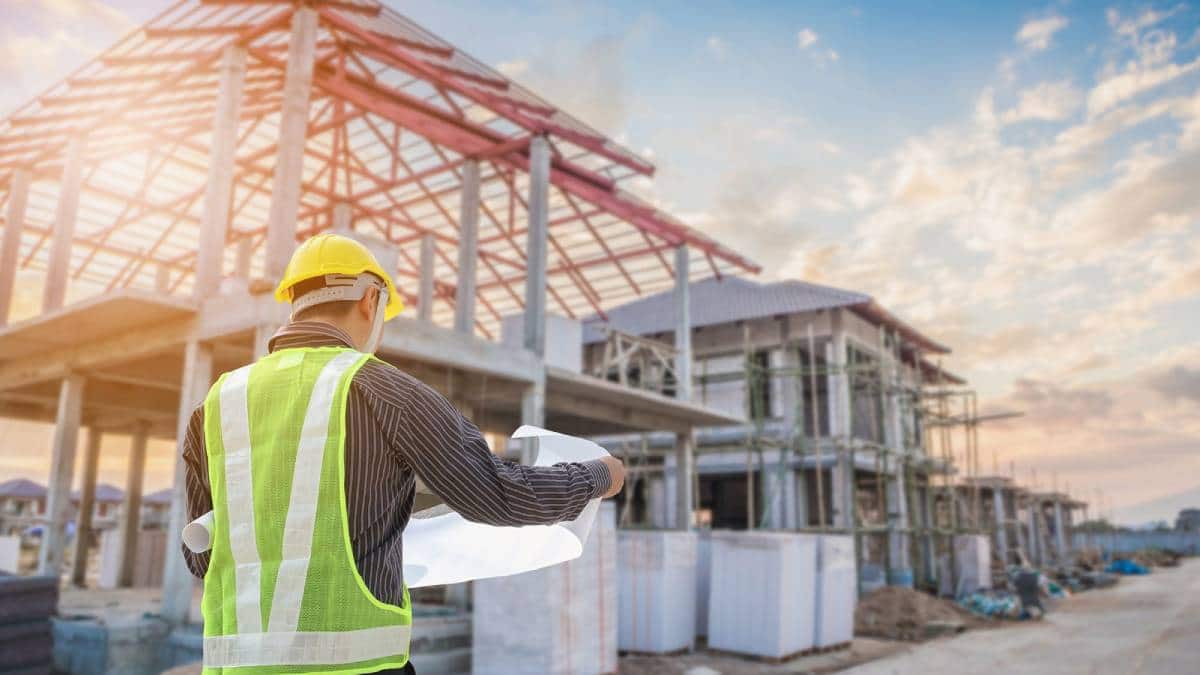
We can install a physical or chemical barrier between the soil and the concrete slab and wooden framing of the property.
Termite barrier costs
For a physical termite barrier, the cost can vary depending on the material used and the installation method. For example, the cost of stainless steel mesh can range from $10 to $20 per linear metre, while the cost of granular stone can range from $2 to $5 per square metre. Concrete slabs can cost between $70 to $100 per square meter, while plastic sheeting can range from $2 to $5 per square metre.
For a chemical termite barrier, the cost can vary depending on the type of termiticide used, the property’s size, and the application method. Liquid soil-applied termiticides can cost between $2 to $4 per linear metre while baiting systems can range from $1,000 to $3,000 for a complete installation. Borate-treated wood can cost between $3 to $5 per square metre.
Termite barriers and insurance
Something many people don’t realise is that, termite damage is not covered by insurance. This is because termites are classed as insects; unfortunately, home insurance policies don’t cover any damage caused by insects. Insurers deem insects preventable, so it is the homeowner’s responsibility to prevent them from happening. We have seen many homes with Hundreds of thousands of dollars worth of damage due to termites and unfortunately, in many of these cases most could have been prevented if a termite barrier of some sort had been installed or if regular termite inspections were maintained the termites would have been found before major damage was caused. We have seen many homes completely destroyed by termites with no fix possible other than knocking the house down and building a new one. We have had to break the news to many elderly retired people who were none the wiser till they noticed their floor was sagging or soft.
Most people don’t install termite barriers because they don’t want to pay for something they may not need or don’t want to spend the money to do the installation. I understand its not cheap to have a professional come and install any preventative termite barrier to keep your home safe but it is definitely worth it in the long run. It will be cheaper then having to replace half your home after finding out you have a termite infestation that has been eating away at your home for months or even years.
Termites attack your home from underground and concealed areas so you will not see them or notice them till there is major damage and by then it will be expensive not only to resolve the termite problem but in repairs as well and will require installing a preventative termite system to prevent future termite attack. Remember once a property has had termites it will always be more susceptible to re-termite infestation compared to a home that has never had termite issues.
There are many variables to be able to answer this and there is not one simple answer. The home will require a full inspection and assessment to identify the best system suitable and cost to install the system. Some variables may be your property’s size, construction type like slab on ground or bearers and joist or any conducive conditions and what type of termite barrier will be best suited to your home. The best thing is to call a company that offer this service or call Clear View Property Inspections to arrange a termite inspection and quote to implement a preventative termite barrier.
